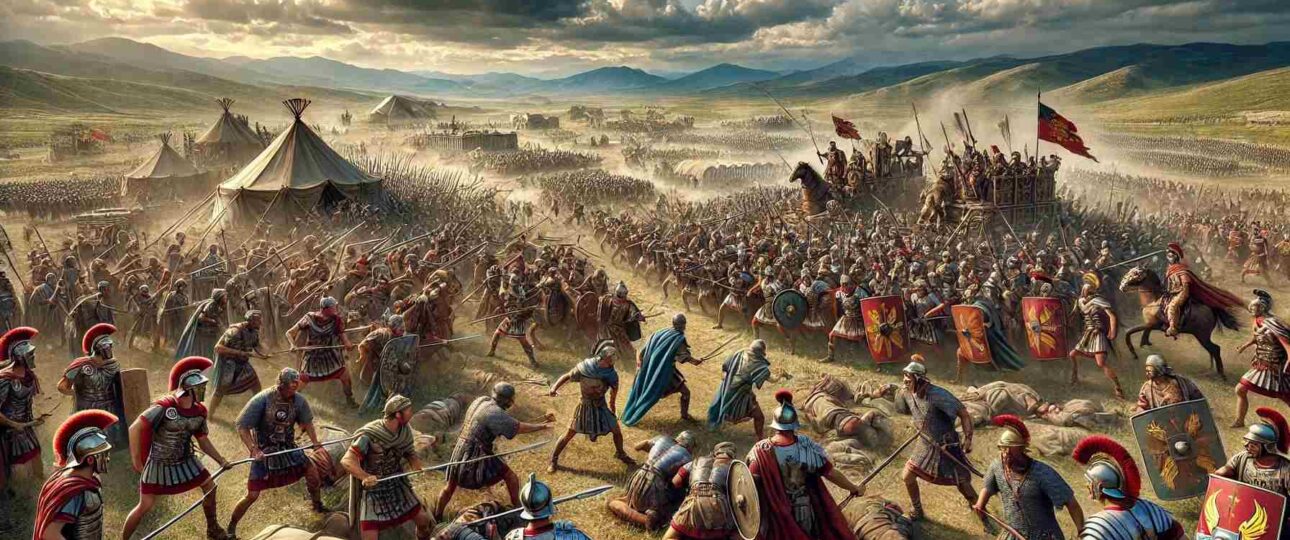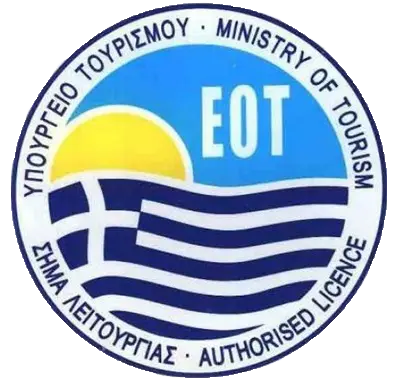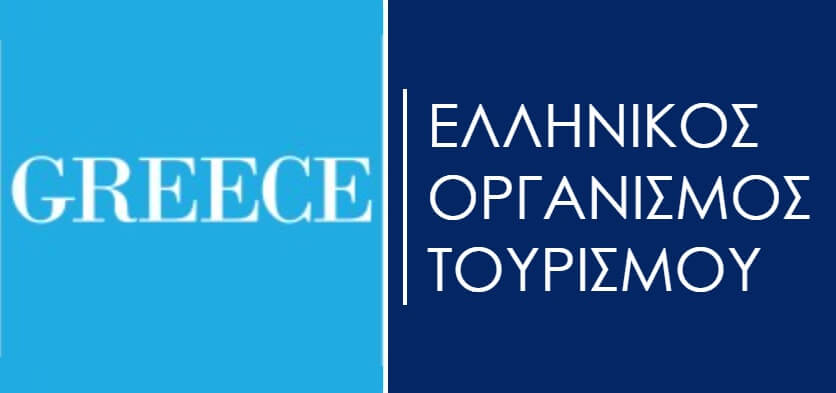The Philippi Roman battle
The Philippi Roman battle, fought in 42 BC, almost 90 years before Saint Paul and his companions visited Philippi. The battle was a decisive engagement in the Wars of the Second Triumvirate following the assassination of Julius Caesar. The forces of Mark Antony and Octavian (later named Augustus) as members of the Second Triumvirate, fought against the army of the Liberators, led by Marcus Junius Brutus and Gaius Cassius Longinus, the main conspirators in Caesar’s assassination….
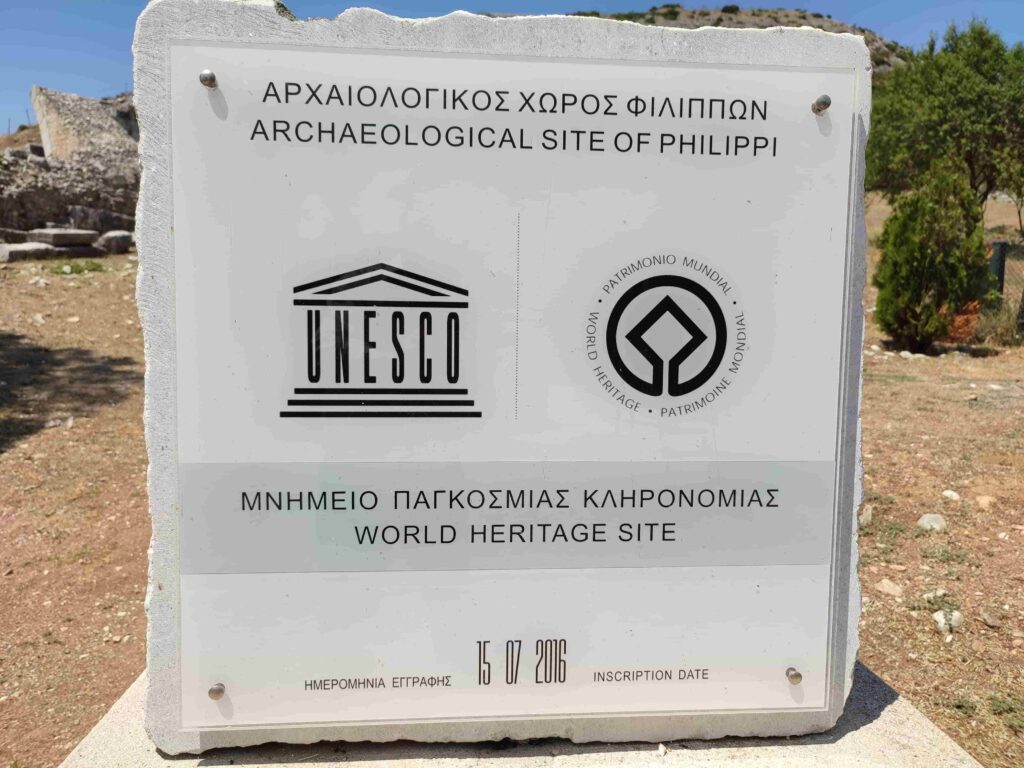
Philippi: Birthplace of the Roman Empire
The victory of Marc Anthony and Octavian at Philippi allowed the Second Triumvirate to consolidate power over the Roman world. Lepidus, the third member of the Triumvirate abandoned the power struggle, leaving Antony and Octavian as the sole leaders of Rome. The tragic defeat of Brutus and Cassius marked the effective end of the Roman Republic. This paved the way for the establishment of the Roman Empire under Octavian, who would later become the first Emperor under the name of Augustus. The Philippi battle set the stage for the subsequent ruthless rivalry between Marc Antony and Octavian. Antony’s alliance and romantic affairs with Cleopatra, Queen of Egypt and of Macedonian descent, eventually lead to another Roman civil war, culminating in the Battle of Actium, once again in Greek territory, in 31 BC.
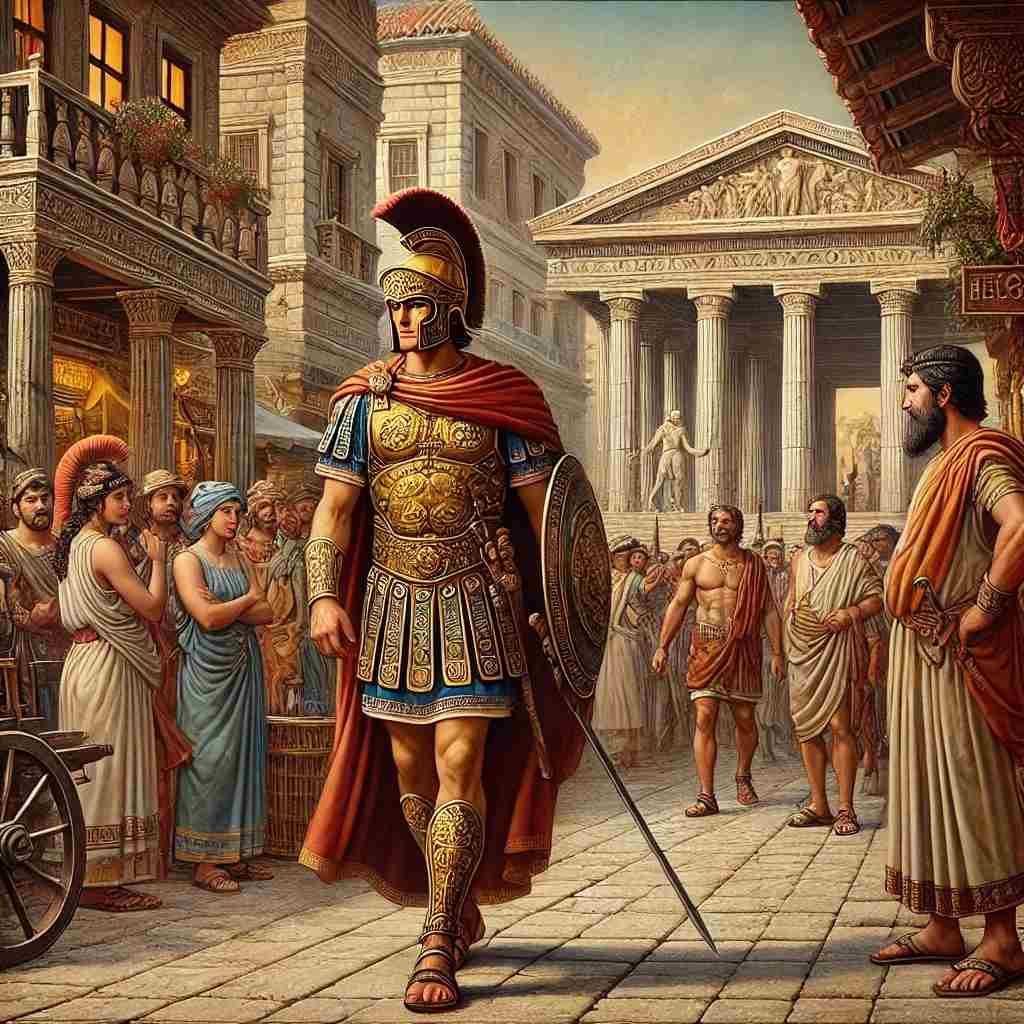
The Philippi Roman battle: Et tu, Brute?
There is no actual evidence that Caesar spoke these words. Though the historical Caesar’s last words cannot be verified, the Roman historian Suetonius, a century and a half after the incident, claims Caesar said nothing as he died, but others reported that Caesar’s last words were the Greek phrase (Ke esi teknon Brute?),meaning “You too, child” or “You too, young man?, addressing to Brutus….
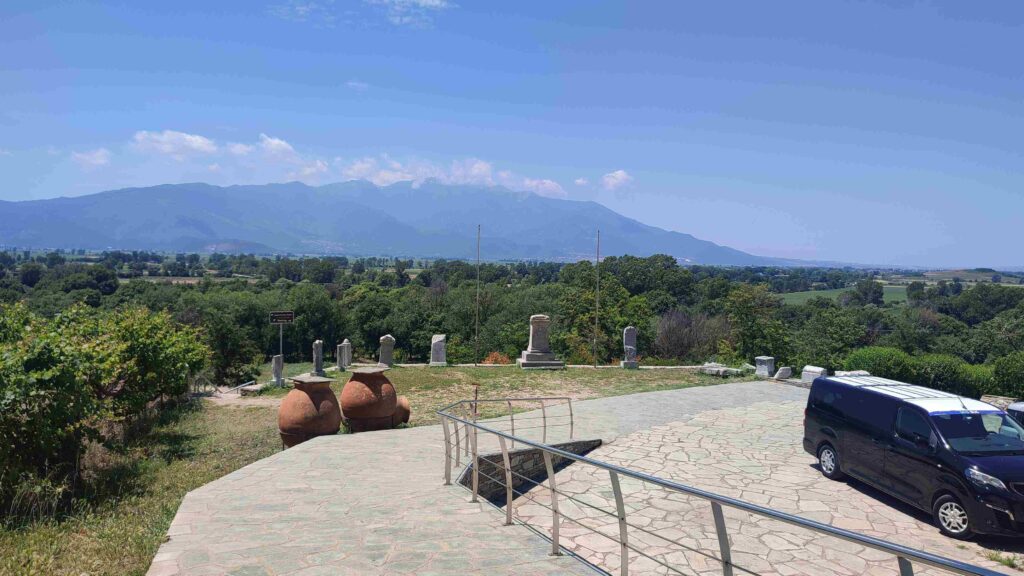
The battle: Rome’s military prowess tested against itself
After the assassination of Julius Caesar in 44 BC, the Republic of Rome was plunged into civil war. Caesar’s assassins, who considered themselves Liberators of the Republic, faced off against the forces loyal to Caesar, led by the Second Triumvirate formed by Mark Antony, Octavian, and Lepidus. After Caesar’s death the two main conspirators, Brutus and Cassius, and leaders of the Republicans had left Italy. They took control of all the eastern provinces of Roman Empire, from Greece to Syria and of the allied eastern kingdoms. In Rome the three main Caesar’s supporters, Marc Anthony, Octavian and Lepidus who controlled almost all the Roman legions in the west, had crushed the opposition of the Senate and established the Second Triumvirate.One of their first tasks was to destroy the Liberators’ forces, not only to get full control of the Roman world, but also to avenge Caesar’s death.
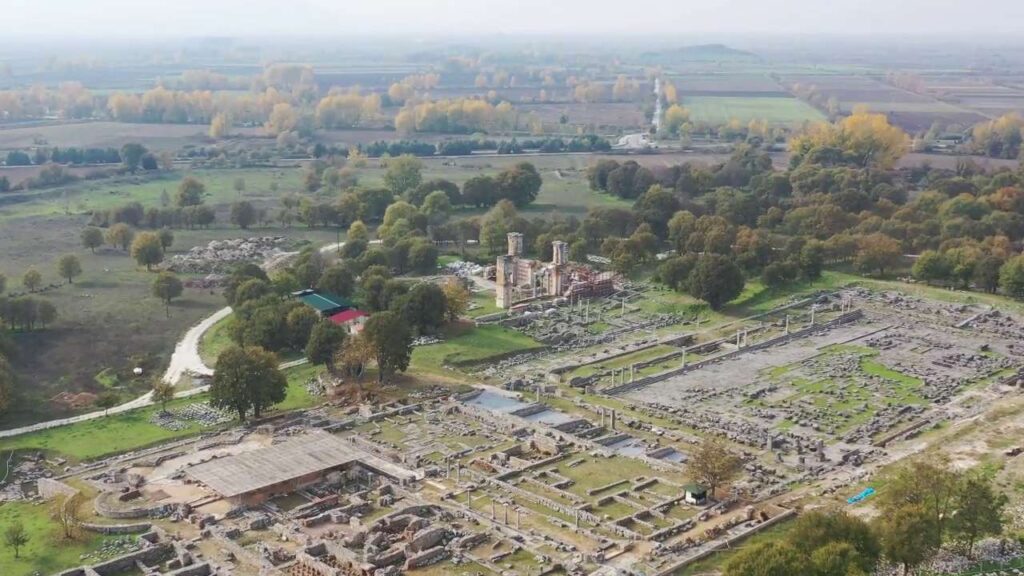
The battle, involving up to 200,000 men from both armies is in one of the largest of the Roman civil wars. It consisted of two engagements in the plain west of the Macedonian city of Philippi. The first occurred in the first week of October; Brutus faced Octavian, and Antony’s forces fought those of Cassius. The Roman armies fought poorly, with low discipline, nonexistent tactical coordination with neither side able to exploit opportunities as they developed.
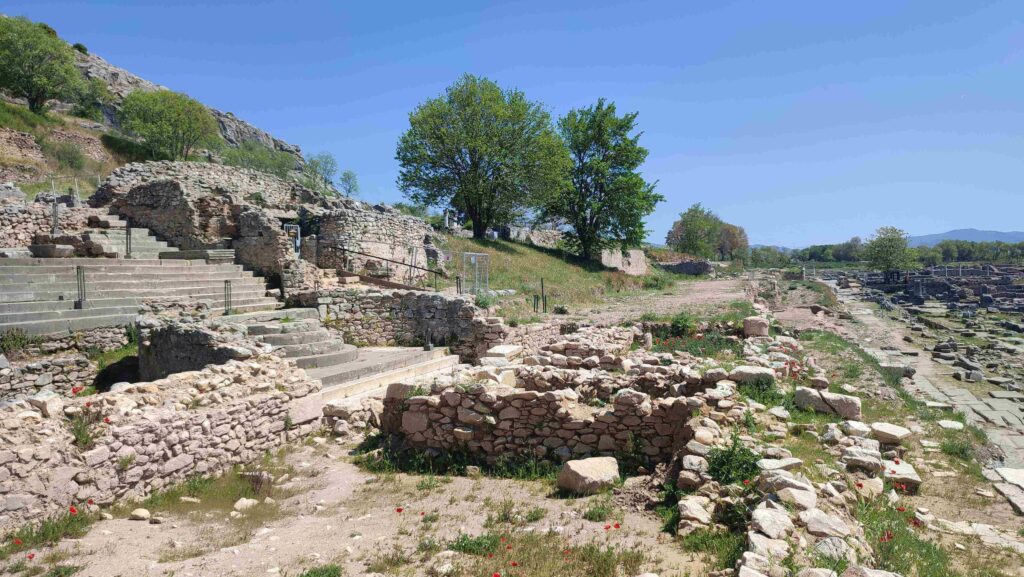
According to Cassius Dio, the two sides had little need for missile weapons, “for they did not resort to the usual maneuvers and tactics of battles” but immediately advanced to close combat, “seeking to break each other’s ranks”. The battle soon resulted in close combat between two armies of well-trained veterans. The soldiers and commanders ignored ranged weapons such as arrows or javelins. Packed into solid ranks and fought face-to-face using their gladius, a formidable weapon, known for its effectiveness in close combat.
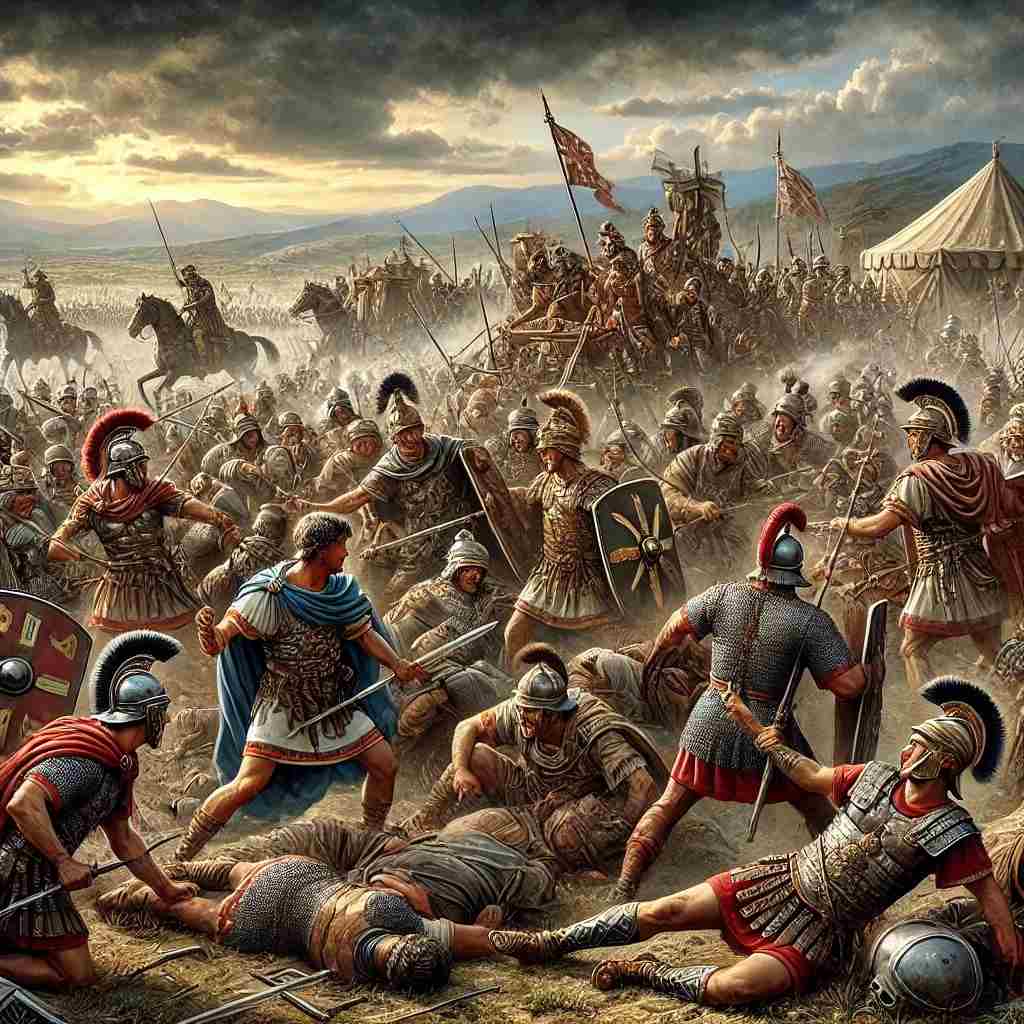
At first, Brutus pushed back Octavian and entered his camp. However, to the south, Marc Anthony defeated Cassius, who committed suicide and died after hearing a false report that Brutus had also failed. Brutus rallied Cassius’s remaining troops, and both sides ordered their army to retreat to their camps with their spoils. The battle was essentially a draw but for Cassius’s suicide. A second encounter, on 23 October, finished off Brutus’s forces after a hard-fought battle. He as well, took his own life in turn, leaving the triumvirate in control of Roman Republic. Nobody reported or even mentioned the total casualties for the battle of Philippi, but close quarters fighting likely resulted in heavy losses for both sides. The remains of the Liberators’ army surrendered and roughly, 14,000 men enrolled into the Triumvirs’ army. Marc Anthony and Octavian discharged old veterans who travelled back to Italy, while some of them remained in the city of Philippi, which became a Roman colony, Colonia Victrix Philippensium. The Philippi Roman battle was major gamechanger in Roman history.
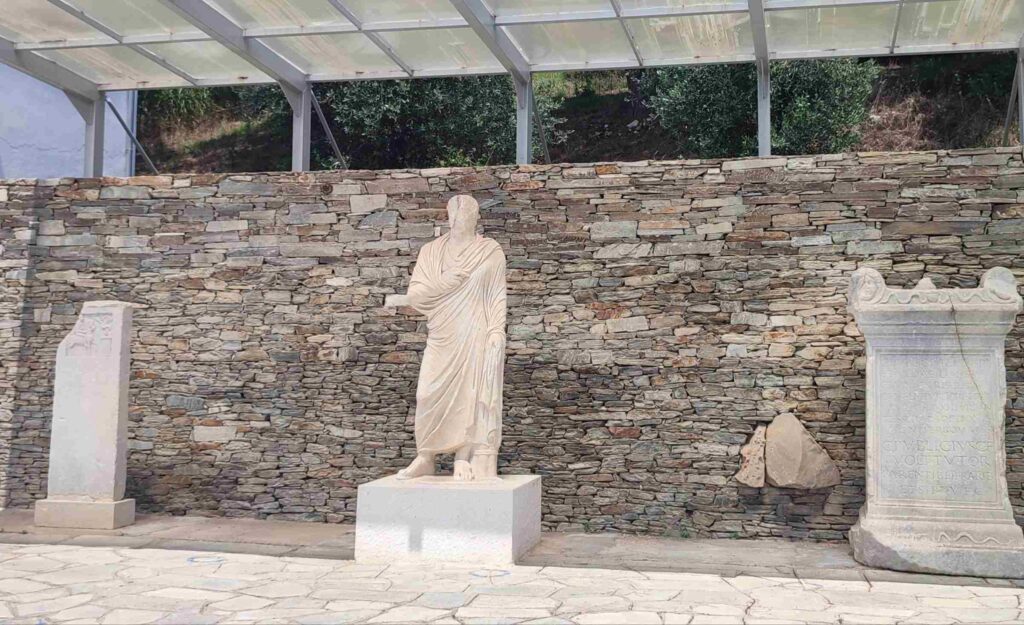
Philippi day trips from Thessaloniki
Philippi archaeological site is a key destination included in our Philippi day tours from Thessaloniki. We offer small group tours for up to 12 travelers, providing a more intimate and personalized experience as well as allowing you to get to know more on the locations we visit. You will have the opportunity to ask questions on Philippi Roman battle and receive tailored recommendations based on your interests. Additionally, all our Thessaloniki private tours are flexible, allowing for spontaneous detours and many stops to explore hidden gems.
Your chauffeur and Thessaloniki local guide

Michael E. Nalbantis is both your driver and local guide for all your Thessaloniki day trips. Thessaloniki born and grown, English speaking and a Google maps local guide level seven. Also available licensed tour guides for archaeological sites and museums upon request at an extra cost.
Availability & rates
For more info (availability – rates) on our Philippi private tours from Thessaloniki, please click here or simply contact Michael at +306976888113
SKG Thessaloniki Airport pickups & drop-offs available upon request at extra charge.


